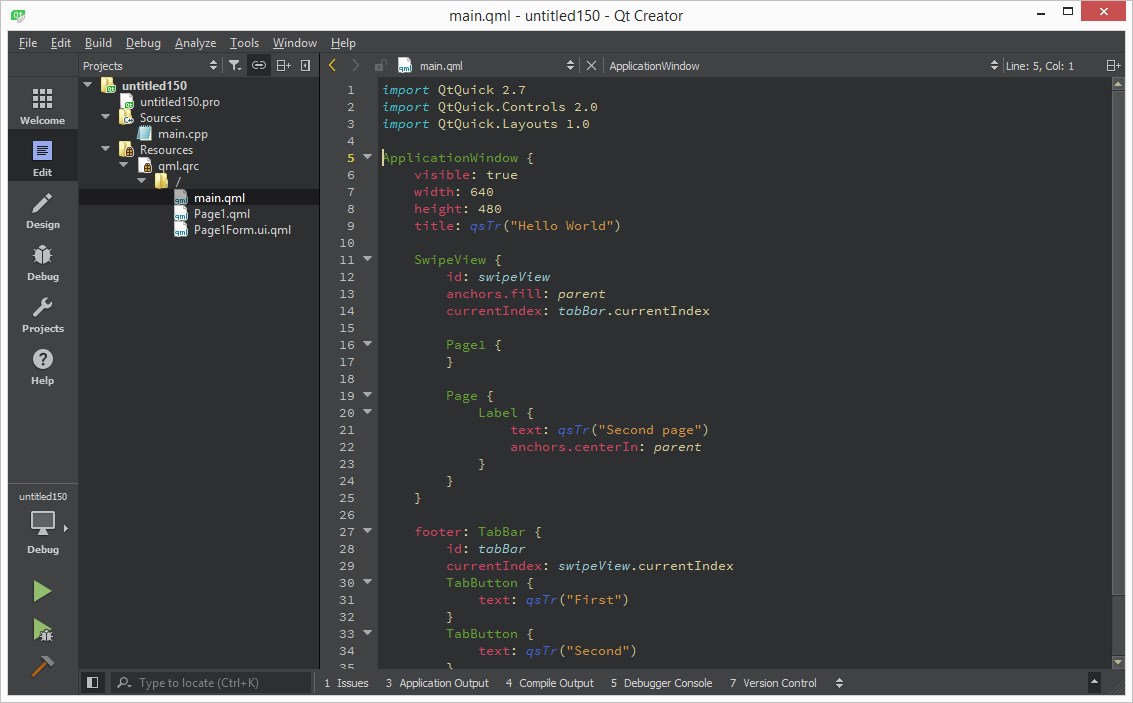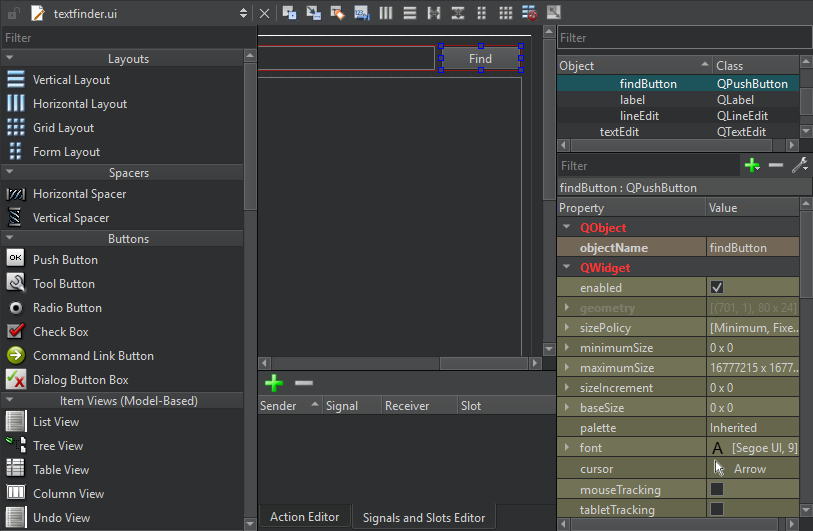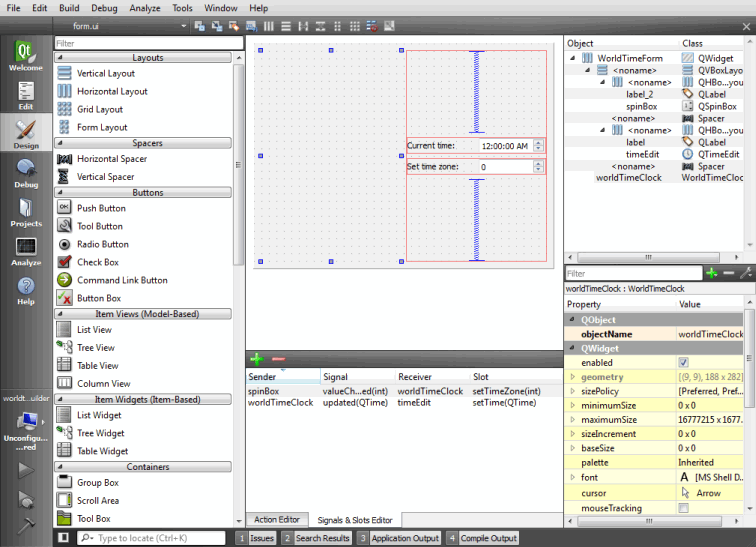


For example, if you have a special type M圜lass, you can specify that a function, m圜ompare, should be used for comparison rather than the default of =. This is necessary for types where assignment cannot use operator=, as in the pre-defined settings for unique_ptr or where operator= is not suitable for comparison, as in the pre-defined settings for floating-point types.
Qt creator refactoring plugin code#
In the Custom Getter Setter Templates group, specify how the code of a getter or setter function for a certain data type should look like. In the Missing Namespace Handling group, select whether to generate missing namespaces, add using namespace where necessary, or rewrite types to match the existing namespaces. You can specify that setter functions should be created as slots and that signals should be generated with the new value as a parameter. In the Getter Setter Generation Properties group, you can specify additional settings for getter and setter names, attributes, and parameters. In the Generated Function Locations group, you can determine whether refactoring actions should generate getter and setter functions in the header file (inside or outside the class) or in the implementation file. To delete the custom settings, select Use global settings, and then select Delete Custom Settings File. To revert to global settings, select Reset to Global. To specify custom settings for a particular project, select Projects > Project Settings > Quick Fixes, and then deselect Use global settings. To specify global options, select Edit > Preferences > C++ > Quick Fixes.

You can specify settings for the refactoring actions either globally for all projects or separately for each project. Specifying Settings for Refactoring Actions Drag and drop the parameters to specify their order in the constructor. Select the class members to initialize in the constructor. You can apply the Generate Constructor refactoring action to create a public, protected, or private constructor for a class. You can apply the Create Getter and Setter Member Functions refactoring action to create either both getter and setter member functions for member variables or only a getter or setter. You can add virtual or the override equivalent to the function declaration. You can filter the list and hide reimplemented functions from it. Select the functions to insert in the list of available functions. You can apply the Insert Virtual Functions of Base Classes refactoring action to insert declarations and the corresponding definitions inside or outside the class or in an implementation file (if it exists). In the Member Function Implementations dialog, you can specify whether the member functions are generated inline or outside the class.

You can apply the Create Implementations for Member Functions refactoring action to create implementations for all member functions in one go. You can specify settings for generating the functions either globally for all projects or separately for each project in the build and run settings of the project. You can apply refactoring actions to implement member functions, insert virtual functions of base classes, create getter and setter functions, and generate constructors. You can also press Alt+Enter to open a context menu that contains refactoring actions available in the current cursor position. In the context menu, select Refactoring and then select a refactoring action. To apply refactoring actions to QML code, right-click an item ID or name. To apply refactoring actions to C++ code, right-click an operand, conditional statement, string, or name to open a context menu. The actions available depend on the position of the cursor in the code editor. Qt Creator allows you to quickly and conveniently apply actions (quick fixes) to refactor your code by selecting them in a context menu.


 0 kommentar(er)
0 kommentar(er)
